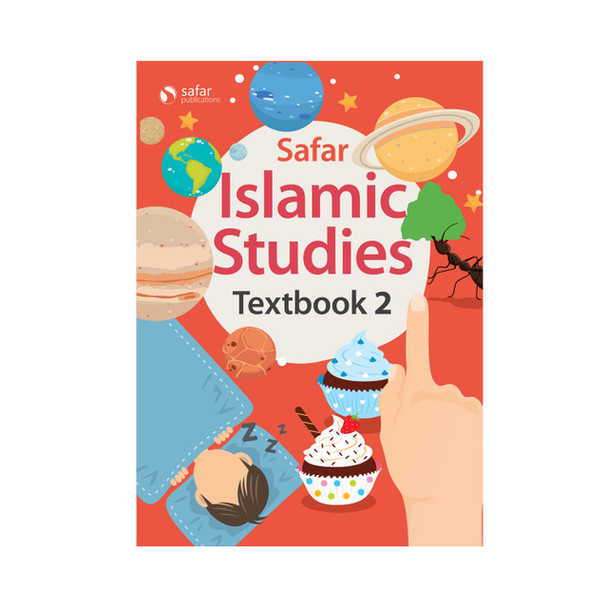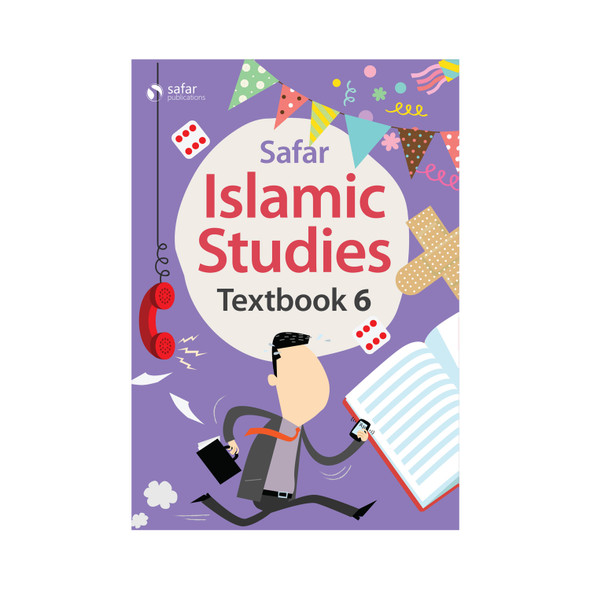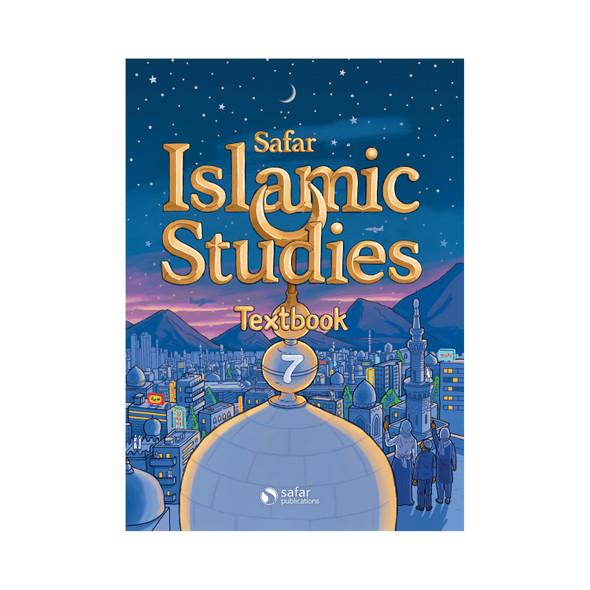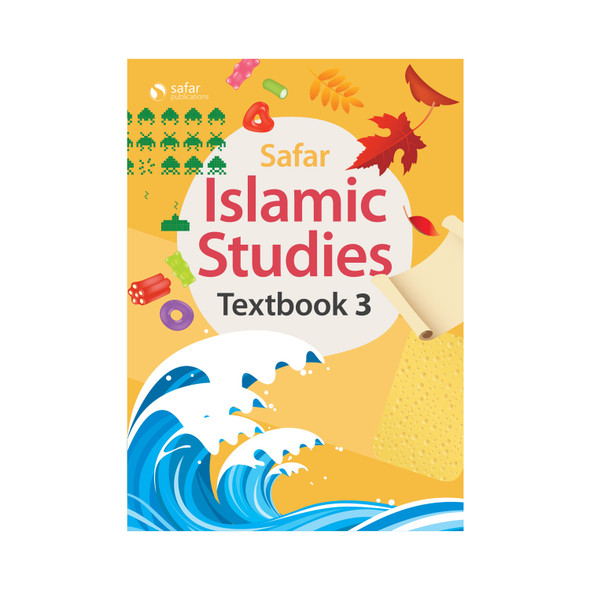Description
Certainly, here's a brief description of each level of an Islamic Studies textbook series from levels 1 to 7:
-
Islamic Studies Textbook (Level 1): This introductory level textbook covers basic concepts of Islam such as the five pillars, beliefs, and practices. It usually focuses on simple language and engaging activities suitable for young learners.
-
Islamic Studies Textbook (Level 2): Building upon the foundation laid in Level 1, this textbook delves deeper into Islamic teachings. It may cover topics like stories of prophets, moral values, and basic Islamic history in an age-appropriate manner.
-
Islamic Studies Textbook (Level 3): Level 3 typically introduces more complex concepts within Islam, including jurisprudence (fiqh), the seerah (biography) of Prophet Muhammad, and deeper exploration of Islamic ethics and morality.
-
Islamic Studies Textbook (Level 4): At this stage, students may explore more advanced aspects of Islamic studies such as the Quranic exegesis (tafsir), comparative religion, and a deeper understanding of Islamic history and civilization.
-
Islamic Studies Textbook (Level 5): Level 5 often involves the study of Islamic law (Shariah), theology (Aqeedah), and deeper engagement with Quranic studies and interpretation. It may also cover contemporary issues faced by Muslims globally.
-
Islamic Studies Textbook (Level 6): This level may focus on advanced Islamic topics such as Islamic philosophy, mysticism (Sufism), and in-depth analysis of Islamic jurisprudence and theology. Students might also explore the contributions of Islamic scholars throughout history.
-
Islamic Studies Textbook (Level 7): At the highest level, students may engage with specialized areas of Islamic studies, such as advanced Quranic studies, Islamic economics, political thought, and the role of Islam in contemporary society. This level may also involve critical analysis and research skills development.
Each level aims to provide a comprehensive understanding of Islamic teachings and their practical application in daily life, tailored to the cognitive and intellectual development of students at different stages.


























